User-friendly, high-performance research software
Today's research critically depends on software. High-quality and high-performance research software increases both the scale and pace of research
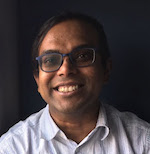
Today's research critically depends on software. High-quality and high-performance research software increases both the scale and pace of research
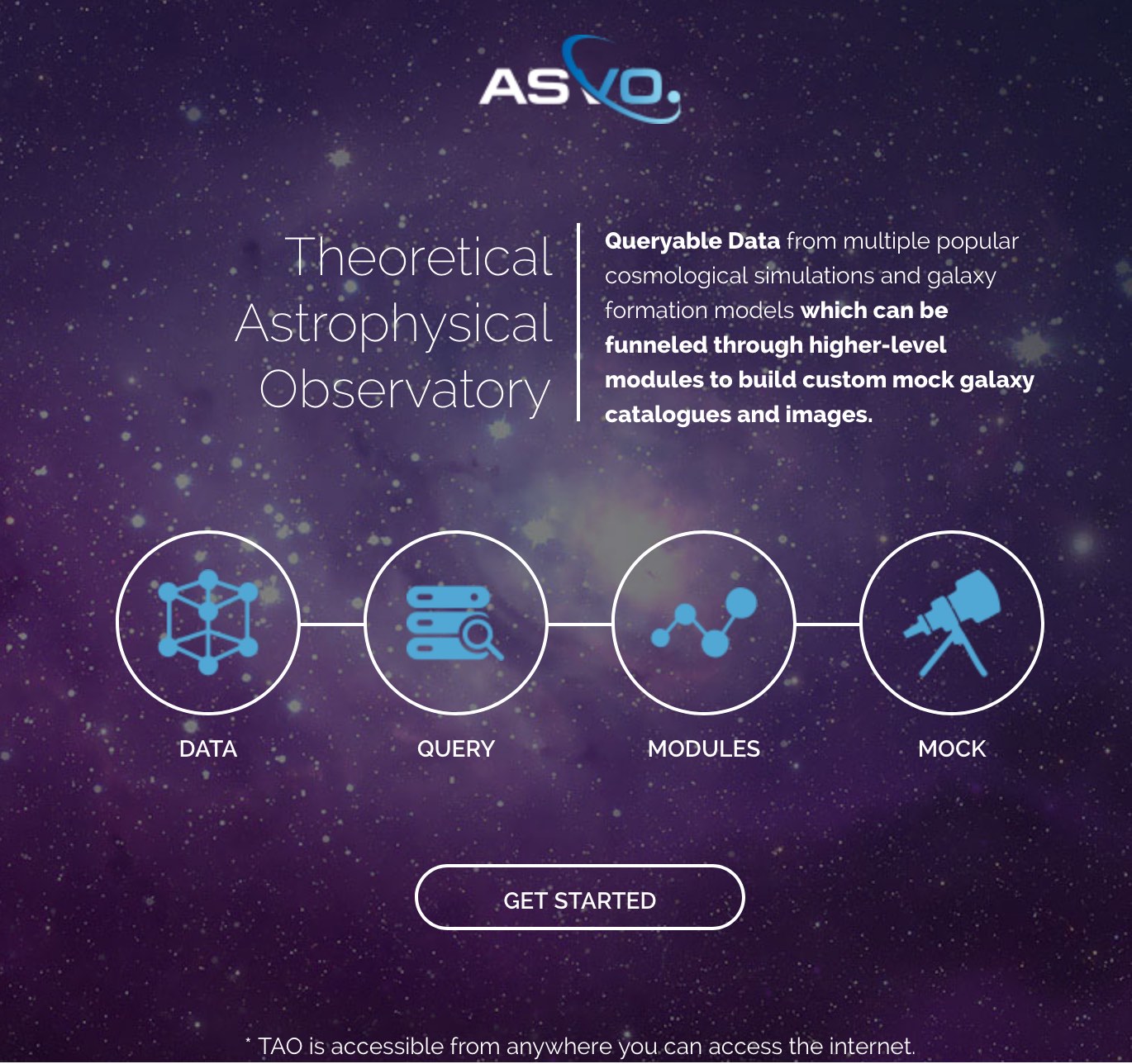
Providing simple interface to access cutting-edge simulations with all observations systematics superimposed
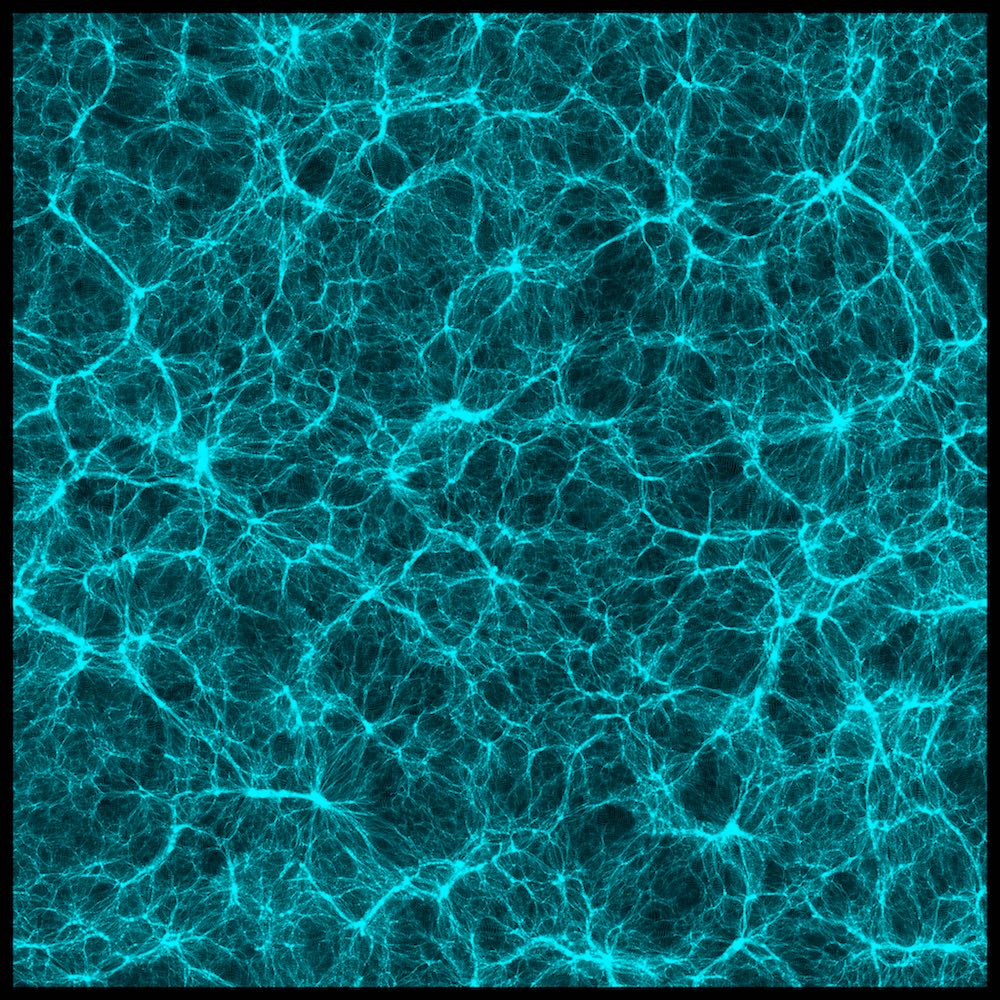
Many suites of simulations to create better comparisons between theory and data
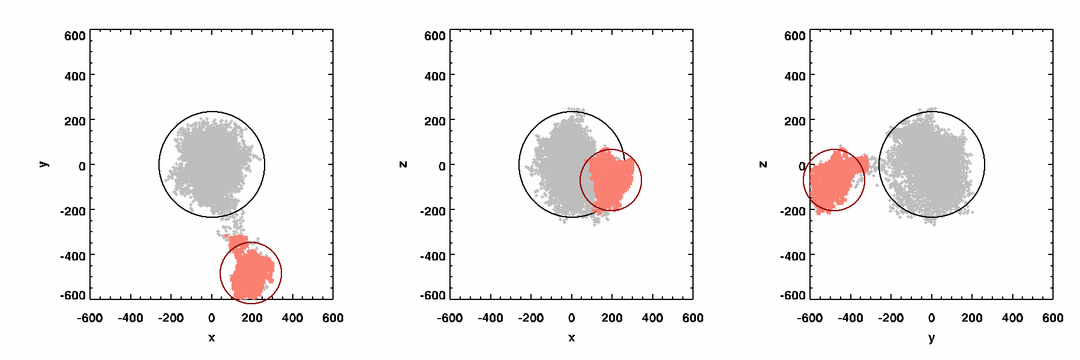
Flybys occur when two halos pass through each other instead of merging. Such flybys can remove gas from the secondary, and cause bar-formation in both the halos.
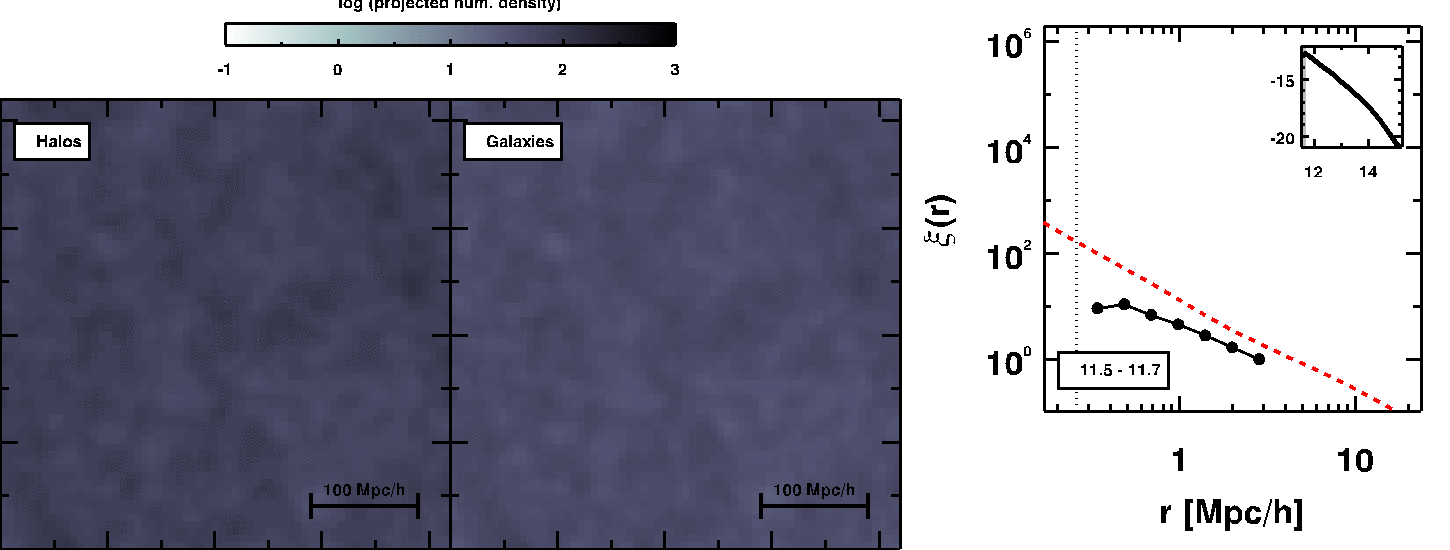
We know that galaxies live in dark matter halos but to understand the relation between galaxies and their host halos, we need to dissect the galaxy-halo connection. Do brighter galaxies always live in more massive halos? How do intrinsic halo properties (related to halo assembly) influence the hosted galaxy? How can we connect back from the observed galaxies to the underlying dark matter halo population?
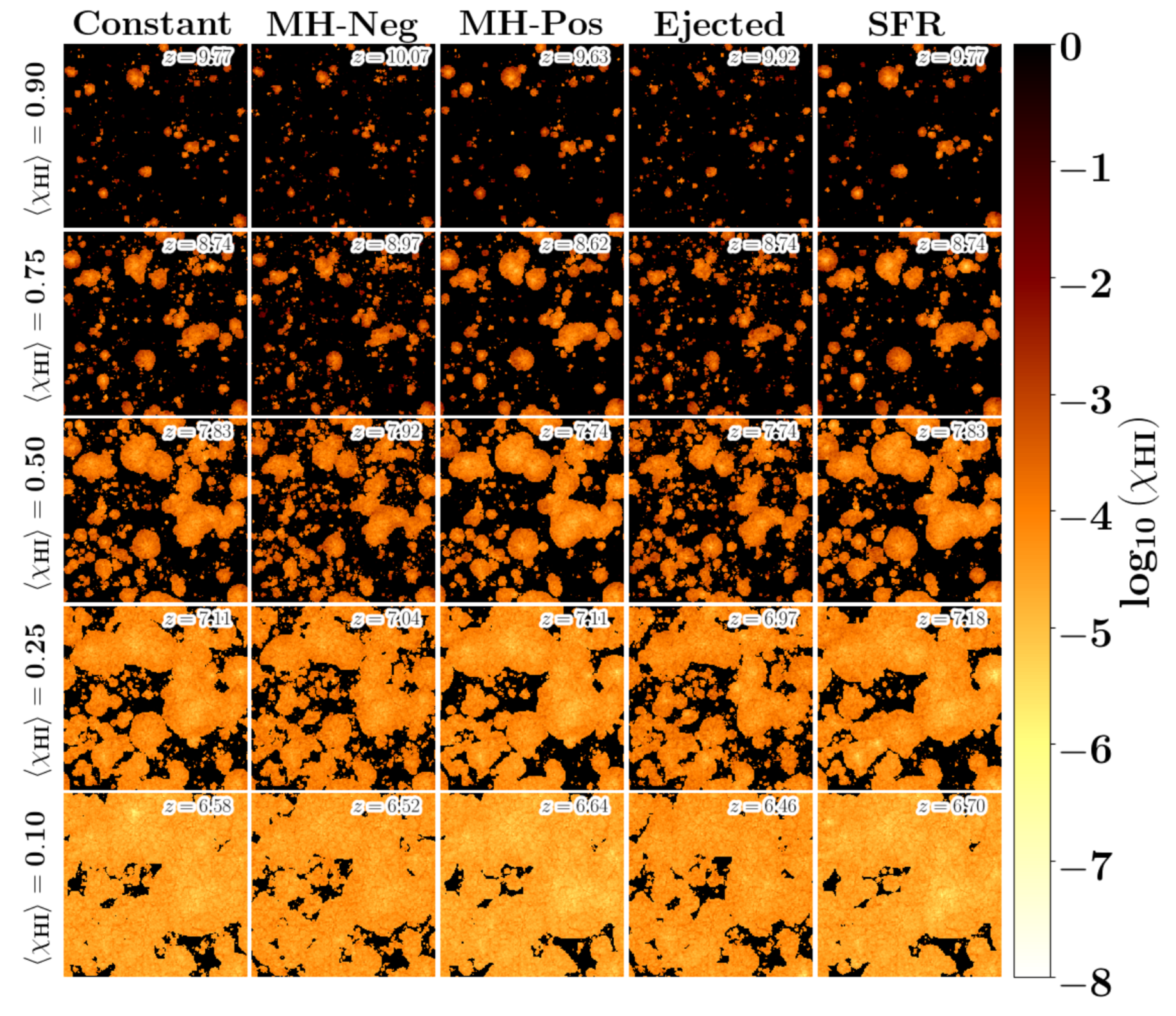
We know that reionization was complete by the first billion years. How did the neutral gas become ionized? What were the sources of the ionizing radiation? How does galaxy formation physics influence the beginning, duration, and the end of reionization?
As the founder of the Research Software Engineers (RSE) chapter for Australia and New Zealand, and the current co-chair of the RSE Steering committee. This RSE chapter will create a community for creators and maintainers of quality research software. There are now more than 250 members in the RSE-AUNZ community, and the RSE-AUNZ community is internationally recognised as the peak body for representing RSEs within Australia and New Zealand. The RSE-AUNZ Steering Committee works with both national (e.g., Australian Research Data Commons (ARDC), Australian eResearch Organisations (AeRO)) and international partners (e.g., ,New Zealand eScience infrastructure (NeSI), Research Software Alliance (ReSA), Society of Research Software Engineering (SocRSE)) to organise face-to-face events in major cities, workshops and panel discussions, as well surveying the community and collaborating on position papers. Recently, ARDC has been actively consulting with the RSE-AUNZ community (both the Steering Committee and the general members) to refine ,Australia's Research Software Agenda.
If you would like to get in touch with me about research, code, or any other matters, please use any of the following methods.